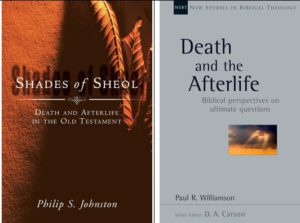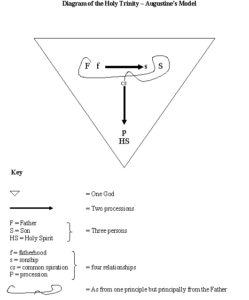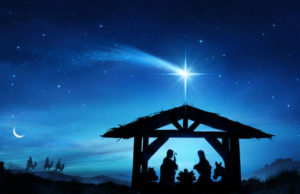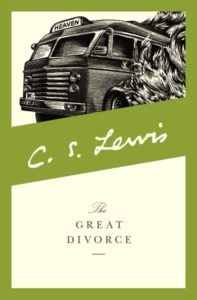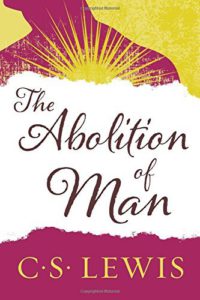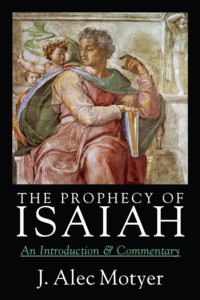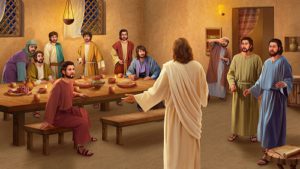 Encounters With the Risen Christ and the Nature of His Resurrected Body. BADR Part 10
Encounters With the Risen Christ and the Nature of His Resurrected Body. BADR Part 10
Question. What is the nature of appearances of the risen Jesus and the nature of his resurrected body?
A. Nature of the Appearances
The initiative in the resurrection appearances always rested with Jesus.
They occurred to several individuals. Some appearances were to a single person; one was to a group of five hundred. They are reported to have taken place during a very specific period of forty days.
Ophthe, which means “he appeared.” This term probably implies seeing something which was objectively present outside the mind of the observer. Phaneroo, “reveal,” as in John 21:1, “Jesus revealed himself”; Harao, in its aorist passive form ophthe – permitted to become visible (Acts 1:3a), (“God permitted him) to become visible” (Acts 10:40).
The writers of the Gospels and Paul agree that Jesus appeared in bodily form. But Jesus’ body is no longer bound by space & time. Finally, there was a continuity between Christ’s body before the resurrection and his mode of existence after the resurrection.
B. Nature of Christ’s Resurrection Body
His body made impressions on physical senses.
Jesus’ body is no longer bound by material or spatial limitations. It has new powers diff. from his earlier, natural body. It belongs to a different order of reality. Jesus’ body is both materialistic and non-materialistic.
You may view the video at:
Encounters With the Risen Christ and the Nature of His Resurrected Body. BADR 10
